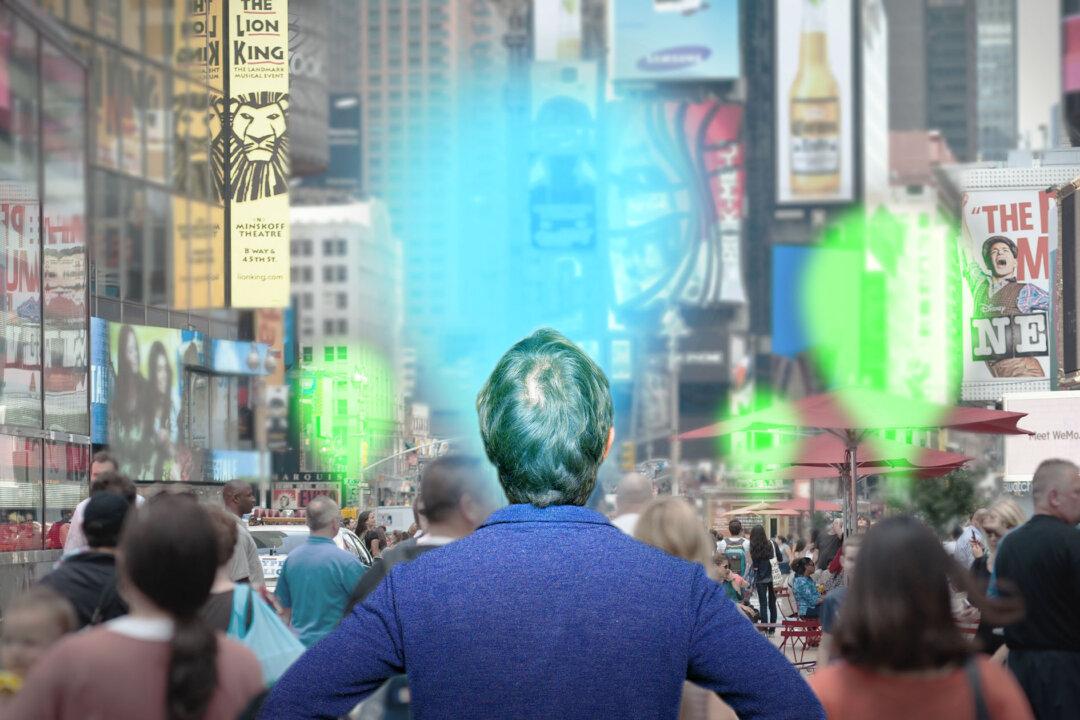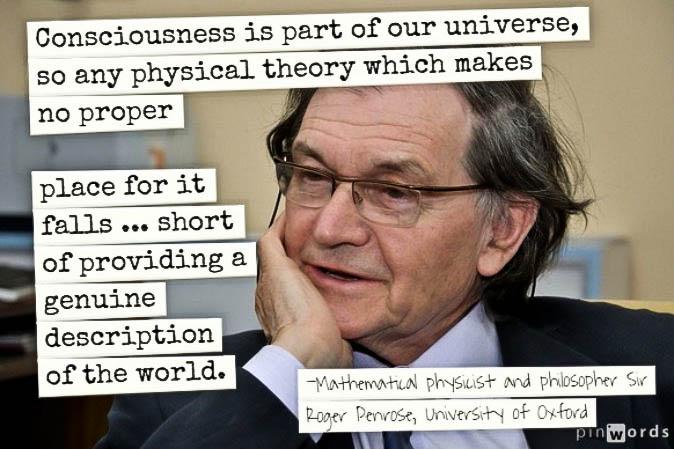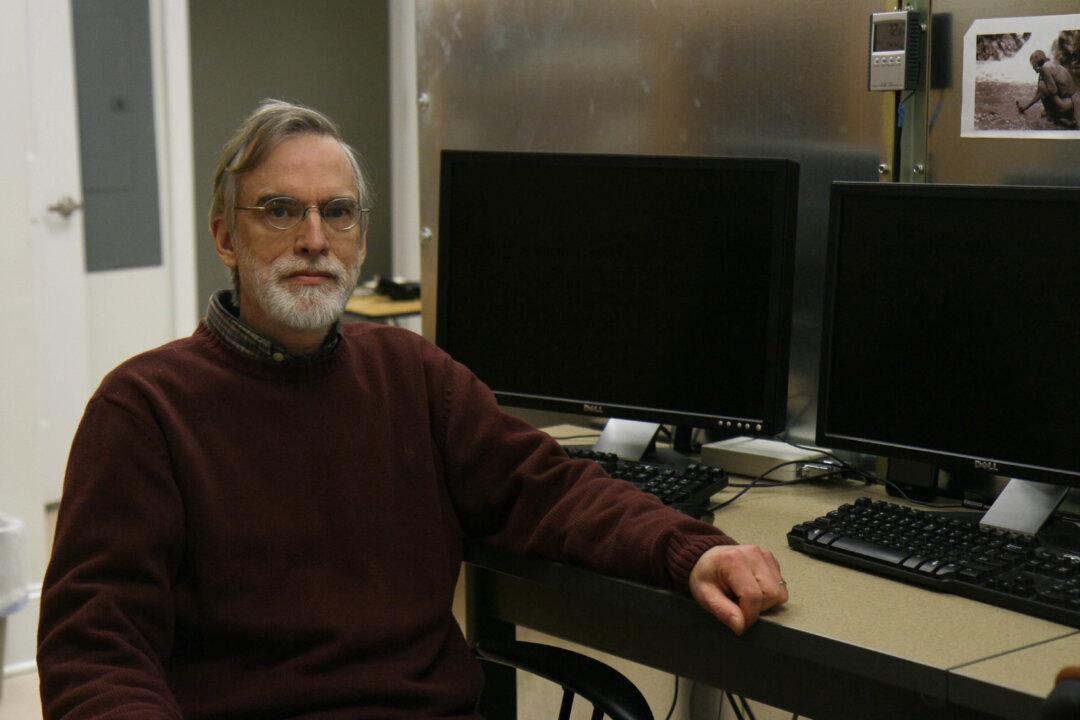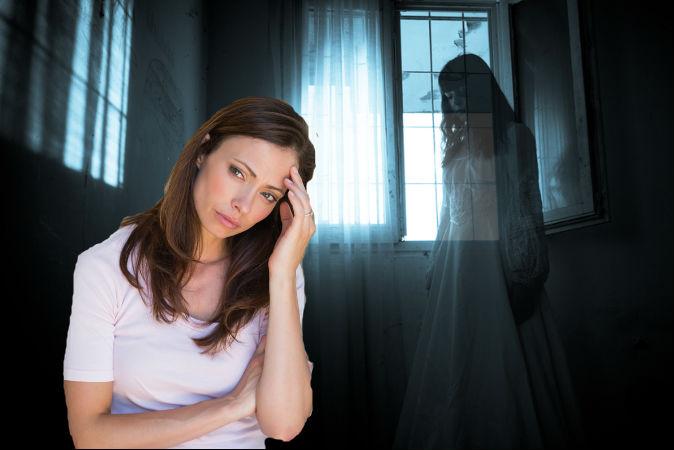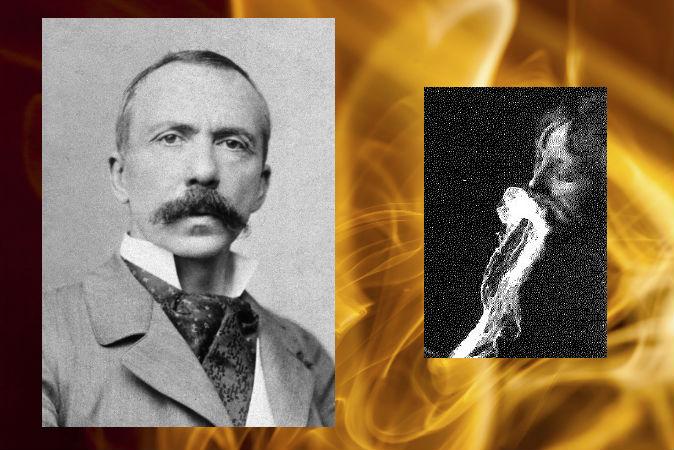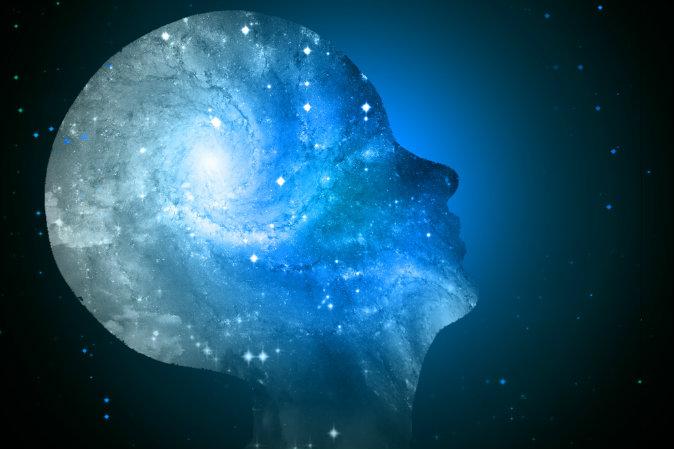Focus
ESP
LATEST
Cambridge Science Historian Contemplates Place of Parapsychology
Materialism and psychical research are often viewed as antithetical. But psychic phenomena and the occult have been with us all throughout the development of science, and—like it or not—they have their place in modern science.
|
40 Years of Research on Human Intuition
Could we harness the power of intuition to make scientific discoveries? Great business decisions? Better personal choices?
|
Bond Between Humans and Animals Manifests in Mysterious Ways
The strange but true story of what happened in my house after my cat’s death is one of many that point to a deep bond between animals and humans.
|
8 Quotes to Take You Beyond Science, Into the Mysteries of the Universe
“Consciousness is part of our universe, so any physical theory which makes no proper place for it falls ... short of providing a genuine description of the world.”
|
Musician Says Dead, Famous Composers Instructed Her to Create This Music (Listen Here)
A British housewife earned fame as a composer and pianist with music she said was communicated to her by the spirits of dead, famous composers.
|
Observing Psychokinesis in a Lab—Researchers Taking Psi Mainstream?
In a state-of-the-art lab at the University of Virginia’s Division of Perceptual Studies (DOPS), psychokinesis isn’t a sensationalized magic-show talent. Its subtle forms are studied and scientifically measured in various ways.
|
We Subconsciously Predict, and React to, Emotional Events in the Future: Study
It is possible that our subconscious mind somehow “sees” events 1 to 10 seconds in the future.
|
Reasons Some Tests of Psychic Abilities Fail
While quick and simple “tests” are often highly publicized, the more technical data that could support the existence of psychic abilities is easily buried in academic papers.
|
Allergic to Ghosts? Strange but Possibly True
Scores of individuals who have anomalous perceptions, such as seeing ghosts, have also reported having environmental sensitivities. Could there be a connection?
|
Billy Bob Thornton on Growing up With a Psychic Mom
Billy Bob Thornton: “I was raised with sports, and hard work, and biscuits, and gravy on one side, and on the other side, books, and crystals, and burial mounds, and spirits, and all that kind of thing.”
|
Ability to Sense When Someone’s Staring at You Is Common, Studies Show
Studies show that people seem to be able to sense when someone is looking at them even when no sensory information around them could give them an indication.
|
Celebrity Psychic Jesse Bravo Says He’s Channeled Robin Williams
Jesse Bravo is a high-profile psychic in New York City. He trades stocks by day, and holds séances by night. He channels the dead loved ones of a variety of clients—though he won’t say which celebrities knock on his door, maintaining psychic-client confidentiality.
|
Ectoplasm (Ghost Slime) Seriously Studied by a Nobel-Prize Laureate and Other Scientists
Ectoplasm isn’t an invention of the classic movie “Ghostbusters.” At the turn of the 20th century, some renowned scientists took seriously the study of excretions made by purported spiritual mediums during séances. I
|
Unexplained Stories Seem to Show Animal Clairvoyance
Veterinarian Dr. Michael Fox has encountered many stories of dogs seeming to sense from a distance that their masters are in trouble and other such experiences that seem to indicate animal clairvoyance.
|
Study Shows Telepathy May Be Connected to Phone Calls, SMS, Emails
A study by Dr. Rupert Sheldrake shows that modern forms of communication may be connected with a more primeval form of communication—telepathy.
|
How to Prove the Paranormal: Scientists Discuss
A growing number of scientists are calling for a shift in scientific methods to acknowledge phenomena commonly experienced but difficult to study according to conventional methods.
|
Scientific Studies Show Dreamers May Read Minds, Predict Future
Where does your mind wander when you drift off to sleep?
|
Cambridge Science Historian Contemplates Place of Parapsychology
Materialism and psychical research are often viewed as antithetical. But psychic phenomena and the occult have been with us all throughout the development of science, and—like it or not—they have their place in modern science.
|
40 Years of Research on Human Intuition
Could we harness the power of intuition to make scientific discoveries? Great business decisions? Better personal choices?
|
Bond Between Humans and Animals Manifests in Mysterious Ways
The strange but true story of what happened in my house after my cat’s death is one of many that point to a deep bond between animals and humans.
|
8 Quotes to Take You Beyond Science, Into the Mysteries of the Universe
“Consciousness is part of our universe, so any physical theory which makes no proper place for it falls ... short of providing a genuine description of the world.”
|
Musician Says Dead, Famous Composers Instructed Her to Create This Music (Listen Here)
A British housewife earned fame as a composer and pianist with music she said was communicated to her by the spirits of dead, famous composers.
|
Observing Psychokinesis in a Lab—Researchers Taking Psi Mainstream?
In a state-of-the-art lab at the University of Virginia’s Division of Perceptual Studies (DOPS), psychokinesis isn’t a sensationalized magic-show talent. Its subtle forms are studied and scientifically measured in various ways.
|
We Subconsciously Predict, and React to, Emotional Events in the Future: Study
It is possible that our subconscious mind somehow “sees” events 1 to 10 seconds in the future.
|
Reasons Some Tests of Psychic Abilities Fail
While quick and simple “tests” are often highly publicized, the more technical data that could support the existence of psychic abilities is easily buried in academic papers.
|
Allergic to Ghosts? Strange but Possibly True
Scores of individuals who have anomalous perceptions, such as seeing ghosts, have also reported having environmental sensitivities. Could there be a connection?
|
Billy Bob Thornton on Growing up With a Psychic Mom
Billy Bob Thornton: “I was raised with sports, and hard work, and biscuits, and gravy on one side, and on the other side, books, and crystals, and burial mounds, and spirits, and all that kind of thing.”
|
Ability to Sense When Someone’s Staring at You Is Common, Studies Show
Studies show that people seem to be able to sense when someone is looking at them even when no sensory information around them could give them an indication.
|
Celebrity Psychic Jesse Bravo Says He’s Channeled Robin Williams
Jesse Bravo is a high-profile psychic in New York City. He trades stocks by day, and holds séances by night. He channels the dead loved ones of a variety of clients—though he won’t say which celebrities knock on his door, maintaining psychic-client confidentiality.
|
Ectoplasm (Ghost Slime) Seriously Studied by a Nobel-Prize Laureate and Other Scientists
Ectoplasm isn’t an invention of the classic movie “Ghostbusters.” At the turn of the 20th century, some renowned scientists took seriously the study of excretions made by purported spiritual mediums during séances. I
|
Unexplained Stories Seem to Show Animal Clairvoyance
Veterinarian Dr. Michael Fox has encountered many stories of dogs seeming to sense from a distance that their masters are in trouble and other such experiences that seem to indicate animal clairvoyance.
|
Study Shows Telepathy May Be Connected to Phone Calls, SMS, Emails
A study by Dr. Rupert Sheldrake shows that modern forms of communication may be connected with a more primeval form of communication—telepathy.
|
How to Prove the Paranormal: Scientists Discuss
A growing number of scientists are calling for a shift in scientific methods to acknowledge phenomena commonly experienced but difficult to study according to conventional methods.
|
Scientific Studies Show Dreamers May Read Minds, Predict Future
Where does your mind wander when you drift off to sleep?
|

